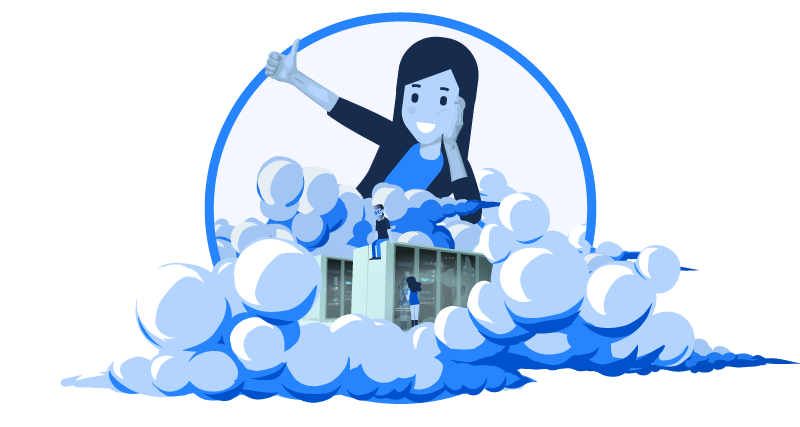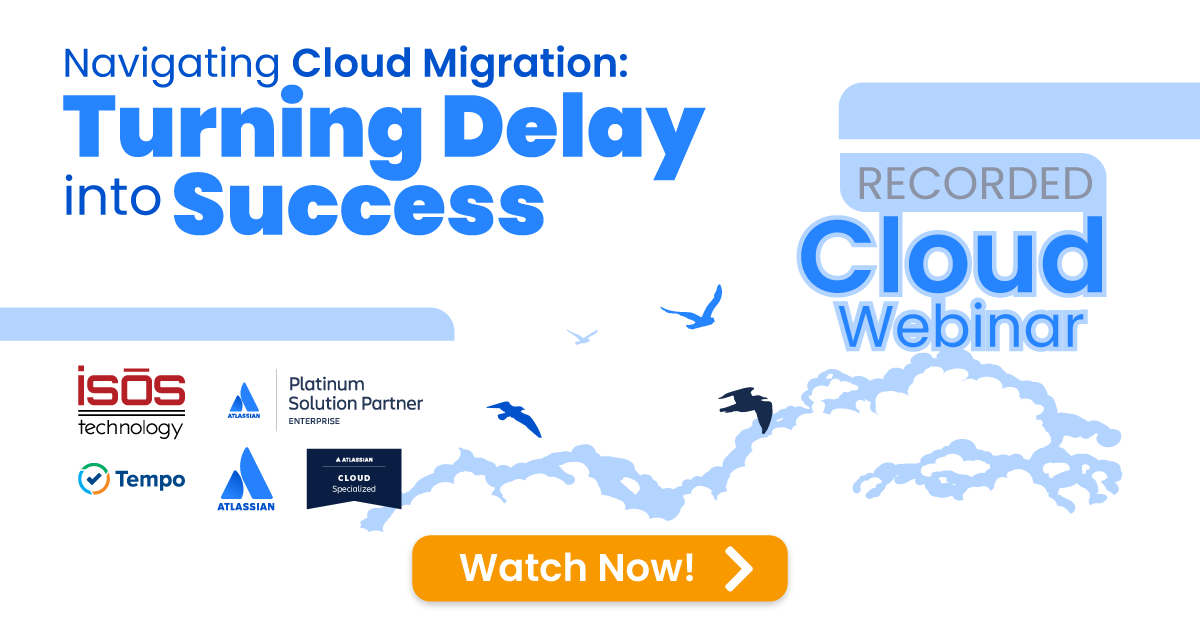 On February 15, 2024, Atlassian Server support officially ended. If your organization is still using Server, it's crucial to start considering migrating to Cloud or Data Center. Although you can still technically operate on Server, the risks are extremely high since Atlassian and Marketplace Partners will no longer provide technical support for any issues, security updates, or bug fixes for critical vulnerabilities. While Cloud will be the right fit for most companies, Atlassian is continuing to invest in and support Data Center for companies that need it.
On February 15, 2024, Atlassian Server support officially ended. If your organization is still using Server, it's crucial to start considering migrating to Cloud or Data Center. Although you can still technically operate on Server, the risks are extremely high since Atlassian and Marketplace Partners will no longer provide technical support for any issues, security updates, or bug fixes for critical vulnerabilities. While Cloud will be the right fit for most companies, Atlassian is continuing to invest in and support Data Center for companies that need it.
In this blog post, we’ll take a look at some of the high-level differences between Cloud and Data Center and the reasons why you might choose one over the other.
Why Choose Atlassian Cloud?
Atlassian Cloud is a true software-as-a-service (SaaS) product, and like all SaaS software providers, Atlassian does the bulk of the heavy lifting in terms of managing and updating the platform. This means that organizations that migrate to Atlassian Cloud don’t have to self-manage their servers or upgrade the tools, although they will still need admins, so they can focus on innovation within their own businesses.
Atlassian’s four Cloud tiers mean there is a solution for virtually every company, from the smallest startup to the largest enterprise. More than 90% of new Atlassian customers choose Cloud, and many existing customers migrate to Cloud as part of their overarching digital transformation initiatives, as well as to better support business agility.
These organizations stand to benefit from improved innovation and team collaboration, reduced operational, IT, and hardware costs, and built-in security, privacy, compliance, and reliability. To learn more about Atlassian Cloud’s four tiers: Free, Standard, Premium, and Enterprise, read our whitepaper, The Demystification of Atlassian Cloud: How to Choose the Right Plan for Your Organization.
Atlassian uses Amazon Web Services as its Cloud provider, so the company is able to take full advantage of AWS redundancy capabilities. Your data is further protected by AWS’ industry-leading data center security protocols and Atlassian’s own enterprise-level cloud security practices.
There's no better time to migrate! Isos Technology offers exciting incentives from Atlassian for Cloud migration, including:
- Up to $40,000 in Migration Subsidy: Atlassian offers reimbursement funding for Proof of Concept (POC) projects that demonstrate how Atlassian's Cloud solution can help your organization. It provides a hands-on preview of what to expect. If your organization begins a Cloud migration with Isos Technology before June 24, 2024, you will be eligible for this funding.
- Free Cloud Migration Trial: For a limited time, Atlassian offers a free Cloud trial for Server customers. This trial allows you to explore the Cloud version of your Atlassian tools at your own pace, assess suitability, and test the migration process.
- Extension for support: If you purchase an annual cloud subscription before February 15, 2024, you can get up to one year of server support to avoid introducing security risks during your migration journey. Please note that the annual cloud subscription must be for a minimum of 1,001 users or a minimum of 251 agents to be eligible for this offer.
- Access to new features like AI: Moving to Cloud can also provide access to powerful AI and machine learning tools that can help streamline workflows and enhance productivity. Learn more about Atlassian Intelligence here.
Why Choose Atlassian Data Center?
Atlassian Data Center remains a strong, reliable product, and like Server, it is self-managed, so you would need to host your Atlassian tools on your own infrastructure or through third-party cloud providers like AWS or Azure. As with Server, an internal team would continue to be needed to manage the software, although if bandwidth or skillset is a concern, you might be able to supplement that with managed services.
There are two primary reasons an organization might choose to migrate from Server to Data Center. The first reason is that your organization must meet a regulatory standard that Atlassian Cloud is not yet compliant with or does not have on the roadmap for compliance prior to end of support for Server. The second reason is that regulatory requirements mandate that your organization’s data must remain in a self-managed environment.
If you need to migrate to Data Center as an interim step, but have a longer-term plan to migrate to Cloud, you should note that Data Center incorporates some features that help optimize data to streamline bringing it to Cloud when you are ready.
For a point-by-point comparison of the two products, read Atlassian’s Compare Atlassian Cloud and Data Center page on its website–or you can always talk to us here at Isos Technology. We’d be happy to help!
Timing Your Migration
Whether you decide to migrate to Cloud or Data Center, timing is critical, even urgent, especially for larger organizations. Evaluating your instance, determining the best path forward, and actually migrating is a process measured in months, and as the Server end-of-life date draws near, experienced resources with availability to support migration may become increasingly challenging to find.
Looking for a hassle-free migration experience? Our team of experts offers customized solutions from start to finish. Let us help you make your journey smoother and more rewarding. Start your cloud migration plan today.
Sign up to receive more great content
Learn more about Atlassian and how Isos can help by signing up to receive our latest blogs, eBooks, whitepapers and more.














